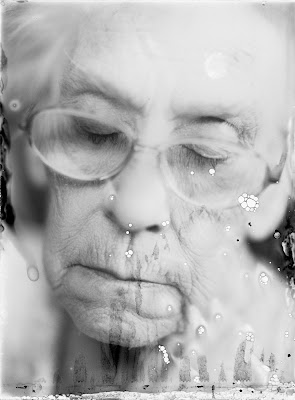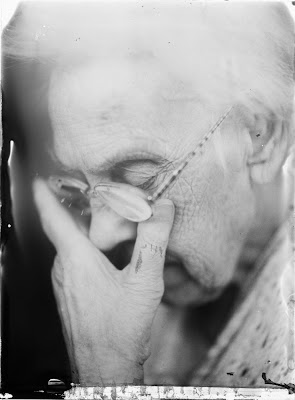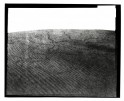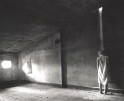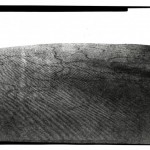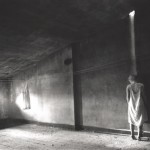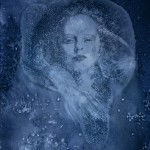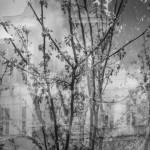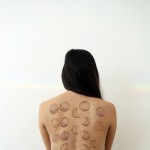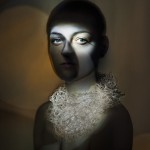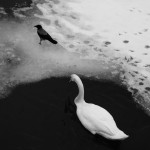Jonathan Stead
Sometimes I see projects where the imagery, process, and presentation are a perfect fit–and Jonathan Stead’s compelling and poignant series, Fragile Mind, about his grandmother’s journey through dementia and ultimately into death is one of them. His images are perfect reflections of an experience layered with fragility, sadness, and memory.
Jonathan lives in Sheffield, UK, where he runs workshops in analogue photography. He received his undergraduate degree in graphic design at the University of Lincoln and is currently in the process of finishing of his MA in photography at Manchester Metropolitan University. His work concentrates on the hand crafted and “considered nature” of analogue photography. Jonathan’s work uses historic and alternative processes and techniques to create work that is timeless and has an ethereal beauty.
Fragile Mind: Fragile Mind documented my Grandmothers struggle with dementia and, as it turned out, the last few months of her life. During my weekly visits I became fascinated by the syndrome and how it began to claim her personality and ultimately her identity.
It led me to ask questions about our memory, it’s fragility and how it defines us.
The events that led to this project began over three years ago when my Grandmothers husband died and she started to become increasingly withdrawn and confused. Perhaps it was the lack of focus, the lack of someone to care for but over the following year or so she became increasingly vulnerable and dementia started to become noticeable which led to her being moved to a care home.
I was struck by how this condition made her withdraw and become increasingly isolated and internal. As destructive as the syndrome is, it is also fascinating in terms of how the various stages affect a person. Her stock answer became ‘no’ (to cut the conversation), she began to talk less and less, and in the last six weeks she never opened her eyes. At this point the only things that seemed to get through were music (she used to tap her feet to the beat) and touch.
When she was younger my Grandmother’s two passions were sewing (she was a professional seamstress) and dancing. There were a few times when I would visit her and she would be in her own little world tapping her feet or trying to hem the dress that she sat it, I found these moments fascinating – was she lost in some kind of dream state? Her version of now seemed to be the reality of twenty years ago.
My work does not usually follow this documentary route especially involving people and at times I felt a little intrusive and almost as if I was doing something wrong. But the more the project developed the more documenting this time in my Grandmothers life became appropriate. I never set out to create a beautiful body of work I wanted to capture the monotonous nature of her days, the glimpses of emotion and the sense of loss I was witnessing.
The project aims to convey the vulnerable nature of us and of our minds. I chose to use glass plates to reflect the fragile nature of my subject. Showing the translucent glass plates without any frame echo’s the fragility that I saw in my Grandmother. The plates that I am most fond of are the ones where the emulsion was made to come away from the glass during processing. These fragmented elements, the mistakes and the organic qualities of these flaws were what I was searching for, they for me, sum up her last few days.
Posts on Lenscratch may not be reproduced without the permission of the Lenscratch staff and the photographer.
Recommended
-
Olga Fried: Intangible EncountersFebruary 18th, 2026
-
Anne McDonald: Self-PortraitsFebruary 17th, 2026
-
Review Santa Fe: Elizabeth Z. Pineda: Sin Nombre en Esta Tierra SagradaFebruary 6th, 2026
-
Carolina Baldomá: An Elemental PracticeJanuary 5th, 2026
-
Time Travelers: Photographs from the Gayle Greenhill Collection at MOMADecember 28th, 2025



